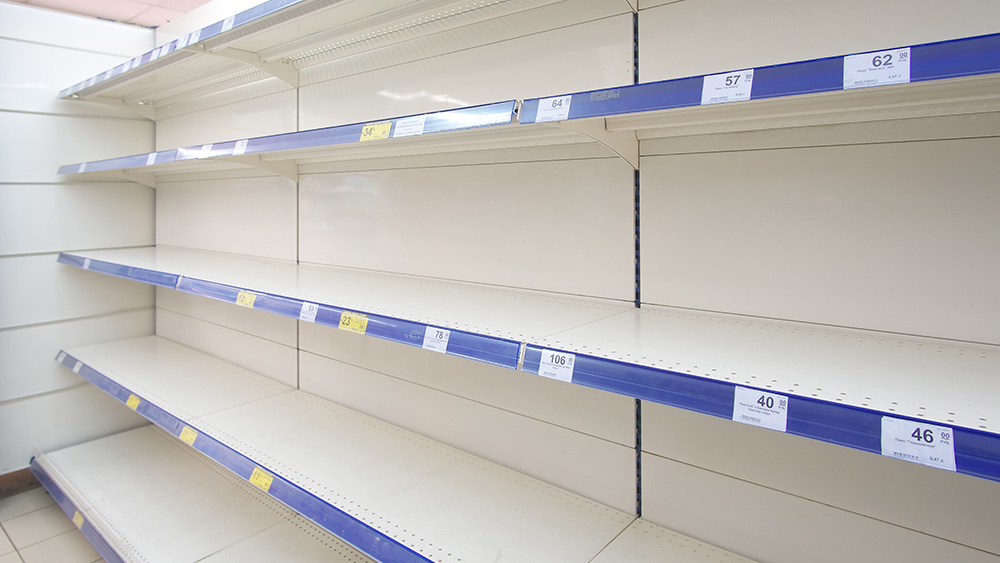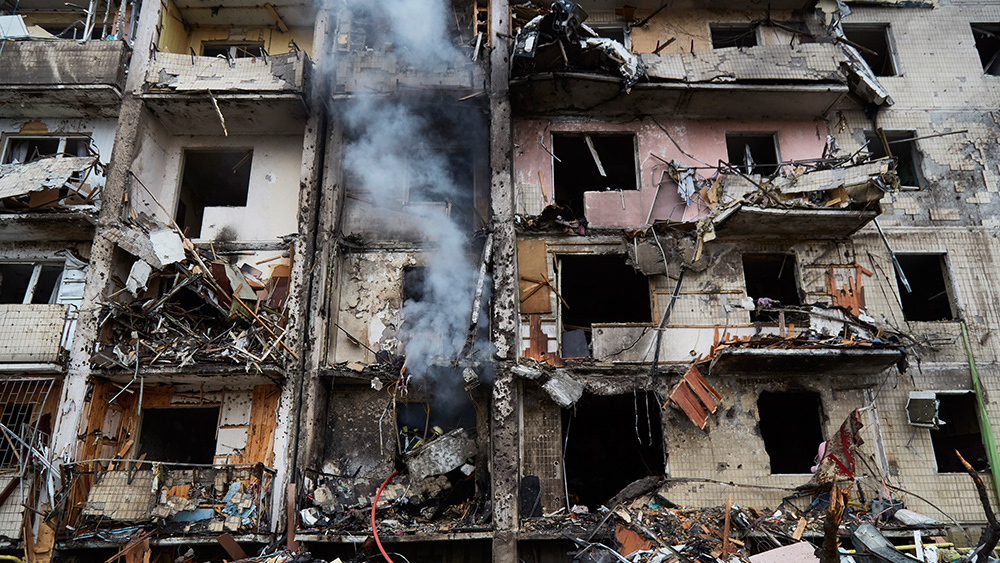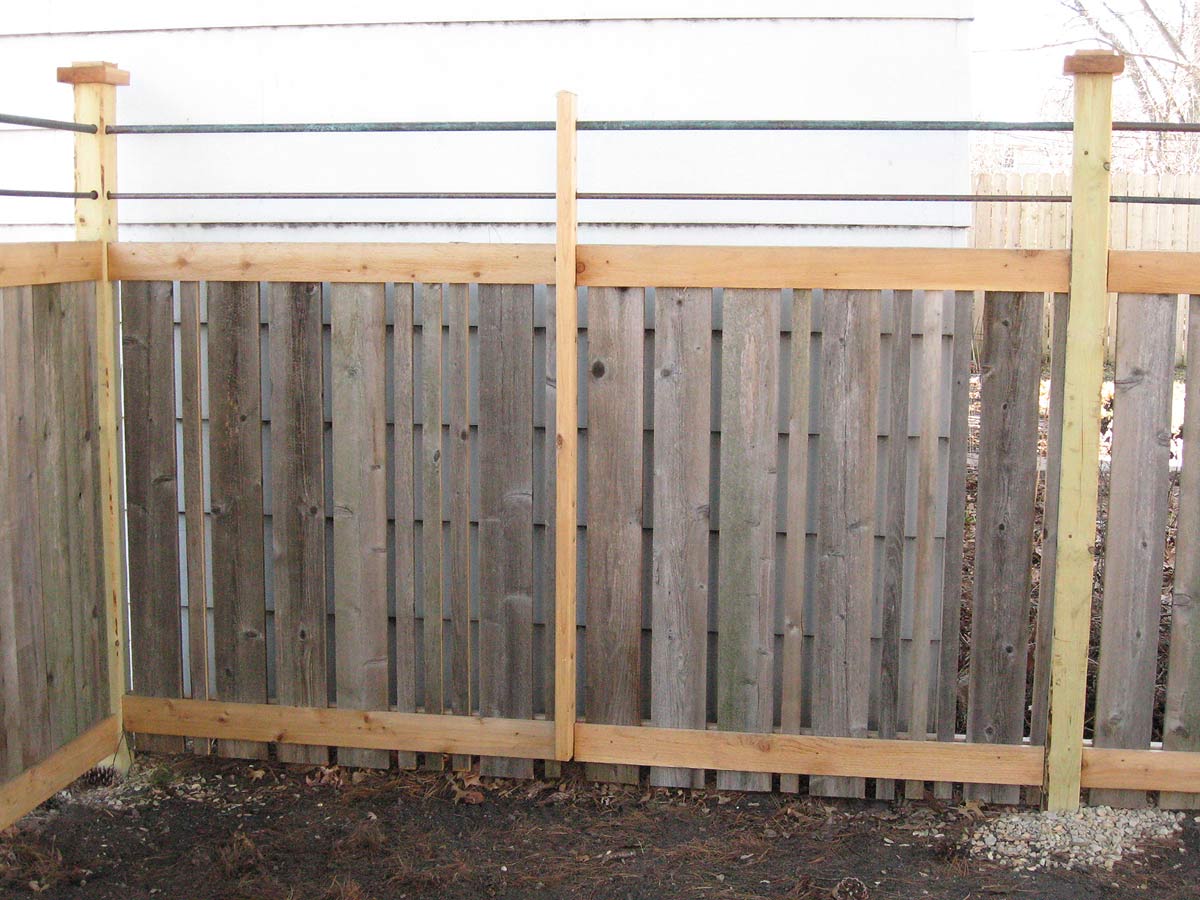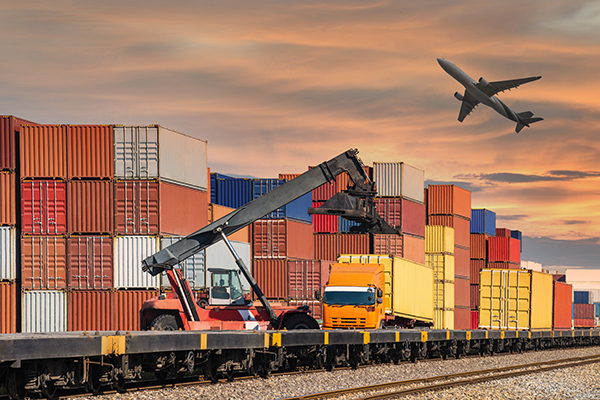A primer on the different types of nuclear weapons and how they affect humans and the environment
03/24/2019 / By Ethan Huff

Anyone hoping to be fully prepared in the event of a nuclear-related incident resulting in mass societal collapse first needs to understand the different types of nuclear weapons that might be used, including how their impacts will differ and what they might look like.
As part of lengthy primer on understanding different nuclear impacts, MDCreekmore.com, a preparedness and survival website, explains the four different types of nuclear detonations that could occur, and what they will entail.
The first is known as a Sub Surface Burst, and it involves a nuclear detonation that takes place underground, not involving the atmosphere. A Sub Surface Burst will create an earthquake-like effect above the surface resulting in major damage at Ground Zero (GZ), but won’t necessarily create radiation or the ever-dreaded electromagnetic pulse (EMP).
Since Sub Surface Bursts occur all the time as part of military weapons testing, MDCreekmore.com says they really aren’t something to worry about in terms of preparedness and survival.
A Surface Burst, however, is a completely different story. These are the types of nuclear detonations depicted both in movies and educational illustrations, as they appear in the form of a sudden flash of light, along with a massive fireball, and create the iconic mushroom blast wave with which many people are already familiar.
“As the fireball starts to rise a second blast wave, this time returning towards GZ, arrives and brings with it massive amount of debris,” MDCreekmore.com explains.
“This debris is forced upward into the fireball and creates the stem of the familiar ‘Mushroom Cloud.’ At GZ there is total destruction and depending on the size, design of the weapon, and to a degree, the terrain, the area of total destruction can be considerable. Large areas of partial and incomplete destruction will extend even further.”
Beware the High Altitude Burst, which is what would create an EMP
An Air Burst nuclear event never actually touches the surface upon detonation like a Surface Burst does, and thus won’t create nearly the same level of fallout. However, it has the potential to create a much larger sweep of destruction, as it involves three unique blast waves.
The initial blast wave expands downward until it strikes the earth, creating a second blast wave that travels much faster and further than the first, eventually merging with it to create a Mach wave that packs twice the punch of the initial blast wave.
“If you have trouble picturing this try thinking of a ripple hitting the edge of a calm pond,” MDCreekmore.com explains. “This deflected wave becomes a second wave. The third wave will be the displaced air mass returning to GZ.”
The fourth type of nuclear weapon attack is known as a High Altitude Burst, and like its name reveals, this one takes place above 100,000 feet. While a High Altitude Burst creates no blast damage or fallout, it does create an EMP that has the potential to completely wipe out the power grid, along with everything that relies on it to function.
An EMP, as we’ve previously reported has the potential to kill as many as 90 percent of America’s population due to the fact that most everything these days functions on the back of the grid, which an EMP would completely destroy.
“Experts on electromagnetic pulse (EMP) phenomena, concerned about the devastation they could wreak on the U.S. economy and infrastructure, are increasingly sounding the alarm bell about the need to beef up cyber-security and protect vulnerable systems,” writes our own J.D. Heyes.
“Some experts have said that the loss of a number of transformers would lead to rolling power failures across the country, crippling a number of industries while stranding hospitals and water treatment facilities and knocking out traffic lights, air travel and financial transactions.”
Sources for this article include:
Submit a correction >>
Tagged Under:
Air Burst, blast waves, Collapse, electromagnetic pulse, EMP, fallout, Ground Zero, High Altitude Burst, mushroom cloud, nuclear attack, nuclear events, nuclear weapons, preparedness, prepping, radiation, radioactive, Sub Surface Burst, Surface Burst, survival, World War III
This article may contain statements that reflect the opinion of the author
RECENT NEWS & ARTICLES
COPYRIGHT © 2017 PREPAREDNESS NEWS





















